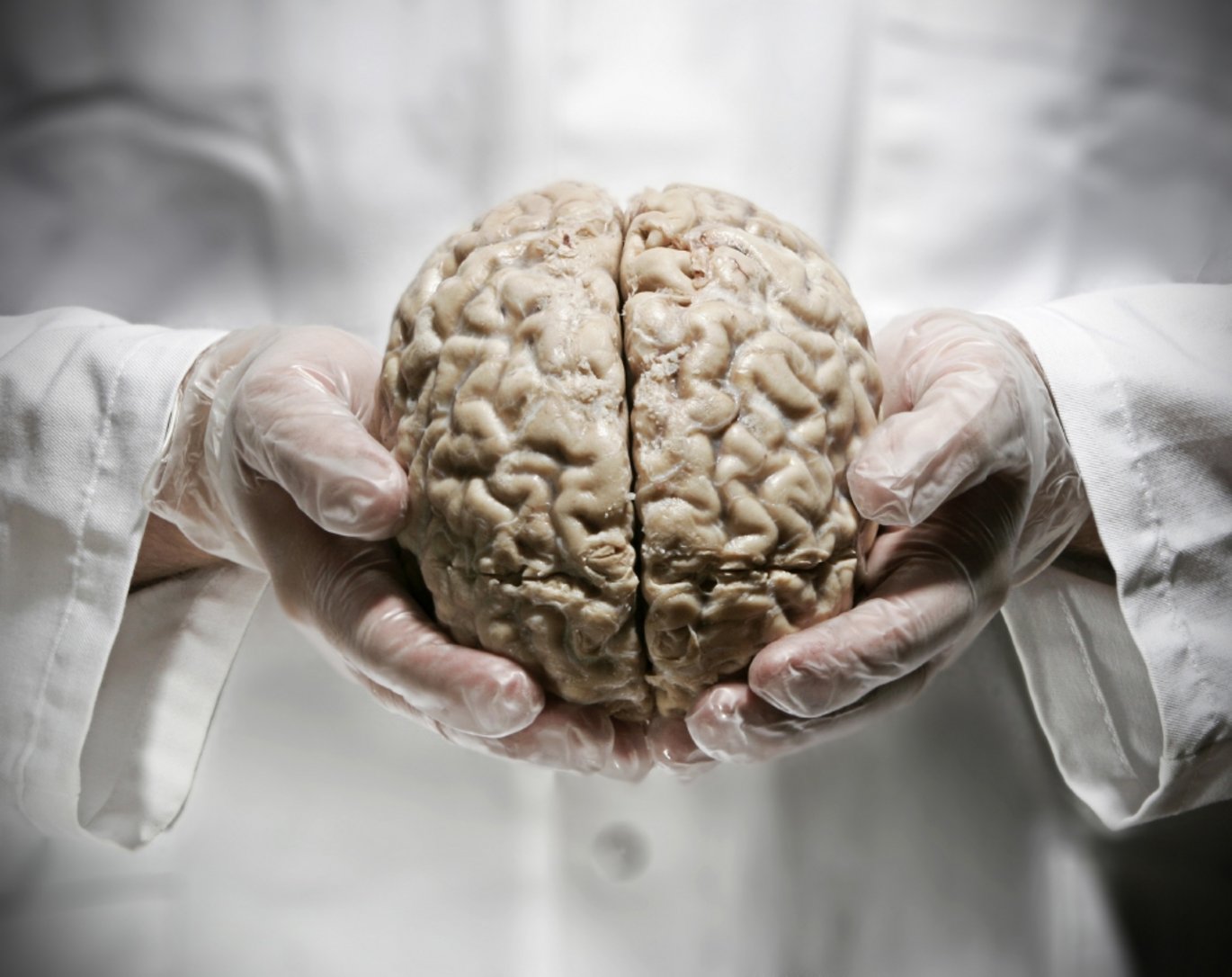New sensors can raise the alarm about strokes
The survival of the approx. 12,000 Danes who experience a blood clot or haemorrhage in the brain each year depends on how quickly they receive treatment. Researchers are developing a sensor system that can ensure that more people get the help they need in time.

Every minute counts when you suffer a stroke, which can manifest as either a blood clot or haemorrhage in the brain. The sooner treatment is initiated, the better the outcome and survival prognosis.
This is why engineers from Aarhus University, in collaboration with neurologists from Aarhus University Hospital and physiotherapists from VIA University College, are testing a new method of alerting relatives if a family member suddenly collapses.
"Most strokes happen at home, and we know that many elderly people live alone. That's why we want to develop sensors that can detect movement and then alert someone if movement suddenly ceases," says Stefan Wagner, associate professor at the Department of Electrical and Computer Engineering at Aarhus University.
Researchers have developed a sensor system that can detect movement in a person’s home. The next step is to carry out a pilot project with 1,000 participants. The aim is to commercialise the invention and get a large part of the population to use it.
"Our hope is that we can eventually make the technology available to a large number of people and thereby ensure that more people receive timely treatment when they suffer a blood clot or haemorrhage in the brain," says Stefan Wagner.
Read more about the project in this article on tv2.dk (in Danish)
Read more about the invention on the project website
Contact
